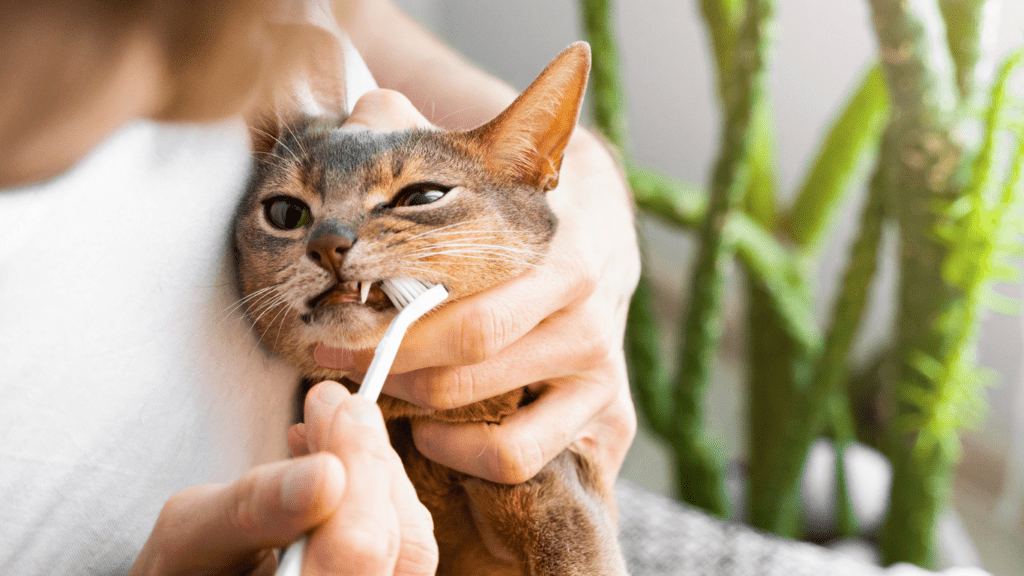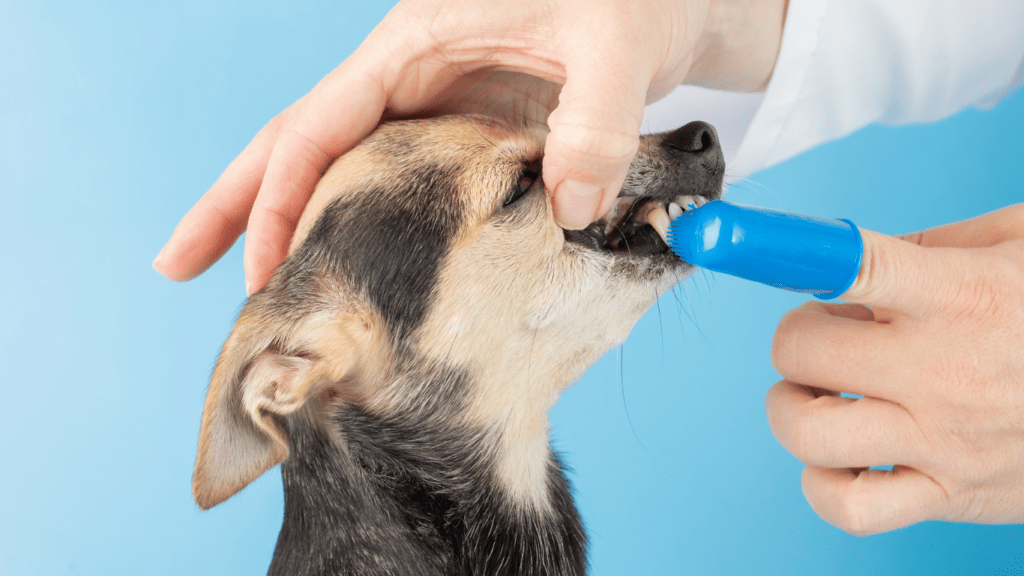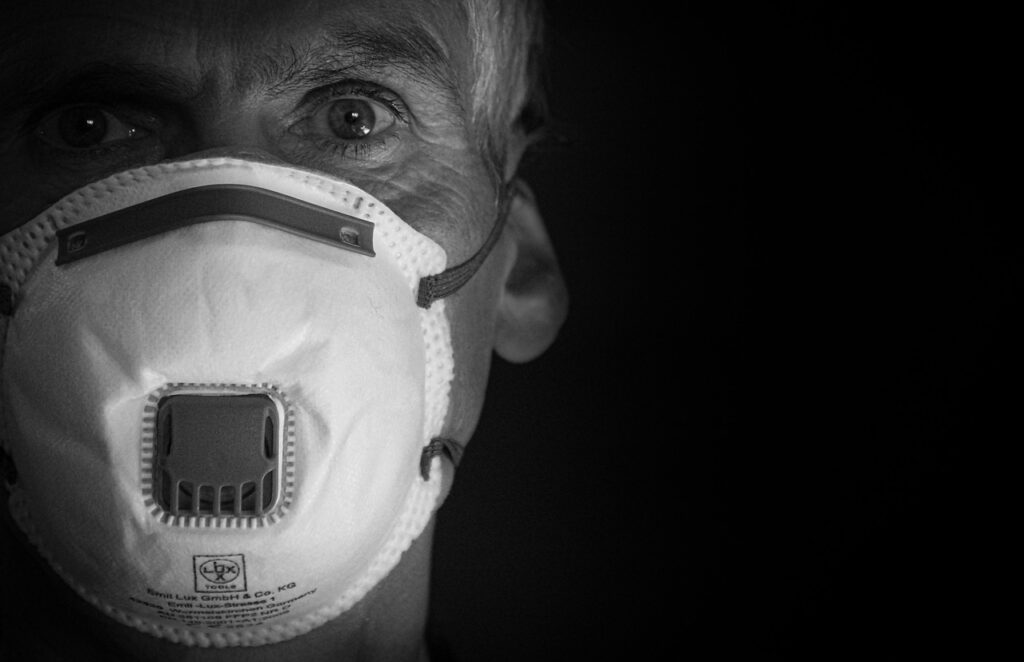The Importance of Regular Dental Care for Your Pet
Regular dental care for pets plays a crucial role in their overall health. Dental diseases affect up to 80% of dogs and 70% of cats by age three, according to the American Veterinary Dental College (AVDC). Poor oral hygiene leads to plaque buildup, gingivitis, and periodontal disease. Heightened risks include tooth loss and severe infections.
Bacteria from dental infections can enter the bloodstream, affecting vital organs like the heart, liver, and kidneys. Routine dental care prevents these complications. It ensures your pet stays healthy and active.
Identifying dental issues early is critical. Look for symptoms such as bad breath, difficulty eating, or swollen gums. Regular veterinary check-ups help catch these problems before they escalate.
Professional cleanings combined with at-home care form the best strategy for maintaining your pet’s oral health. Use pet-safe toothpaste and dental chews to fight plaque effectively.
Investing time in regular dental care saves on future medical expenses. It also enhances your pet’s quality of life by preventing pain and discomfort associated with dental diseases.
Understanding Pet Dental Health
Pet dental health is vital for maintaining overall health and well-being. Awareness of common dental problems and their symptoms helps in early detection and treatment.
Common Dental Problems in Pets
Dental diseases are prevalent among pets, causing discomfort and health complications. Plaque buildup leads to tartar, fostering bacteria growth. Gingivitis occurs when gums become inflamed. Periodontal disease affects the tissues supporting the teeth. Broken or fractured teeth can result from chewing on hard objects. Abscesses form when infections develop at the tooth root.
Symptoms of Dental Issues
Spotting dental issues early prevents severe health problems. Bad breath, or halitosis, is a primary indicator. Swollen or bleeding gums signal gingivitis. Drooling excessively or having difficulty chewing suggests tooth pain. Pets may paw at their mouths or avoid eating due to discomfort. Visible tartar buildup on teeth and loose or missing teeth are also signs to watch for. Regular monitoring helps identify these symptoms promptly.
Benefits of Regular Dental Care
Proper dental care for pets plays a crucial role in maintaining their overall health. It’s essential for pet owners to understand and prioritize dental hygiene to prevent various health issues.
Improved Overall Health
Good dental care enhances your pet’s overall health. Healthy teeth and gums reduce the risk of bacteria entering the bloodstream and affecting vital organs like the heart and kidneys. Pets with clean teeth enjoy better digestion, as they’re able to chew food more efficiently. This improved digestion can lead to better nutrient absorption, maintaining your pet’s energy levels and well-being. Regular dental check-ups aid in detecting any oral abnormalities early, allowing for prompt treatment and avoiding potential complications.
Prevention of Dental Diseases
Regular dental care helps prevent common dental diseases. Plaque buildup can harden into tartar, leading to gingivitis and periodontal disease if left untreated. These conditions cause pain, tooth loss, and can spread infections (examples include abscesses and systemic issues). Consistent brushing with pet-safe toothpaste and professional cleanings keep plaque and tartar at bay. This approach greatly reduces the likelihood of dental diseases, ensuring your pet has a healthy mouth and a happier life.
Techniques for Maintaining Pet Dental Health

Regular dental care ensures pets enjoy a healthy mouth and overall well-being. Various techniques help maintain optimal pet dental health.
Professional Dental Cleanings
Veterinarians perform professional dental cleanings which effectively remove plaque and tartar. Under anesthesia, they can clean below the gumline, where dangerous bacteria hide. These cleanings also allow vets to thoroughly examine your pet’s mouth for early signs of dental disease. Professional cleanings should occur at least once a year, depending on your pet’s specific needs.
At-Home Dental Care Practices
Effective at-home dental care practices include daily tooth brushing, using pet-safe toothpaste. Regular brushing prevents plaque buildup and maintains healthy gums. Dental chews and toys designed for pets can also aid in cleaning teeth and massaging gums. Including dental diets or treats helps reduce tartar and freshens breath. Monitoring your pet’s mouth for signs of dental issues, like:
- bad breath
- swollen gums
supports early detection and treatment.
Choosing the Right Dental Products
Finding the right dental products ensures effective and safe at-home dental care for pets. Use pet-specific items to avoid harmful ingredients and maximize dental benefits.
Toothpaste and Toothbrushes
- Using pet-safe toothpaste and toothbrushes is crucial.
- Human toothpaste often contains xylitol, which is toxic to animals.
- Select toothpaste specifically formulated for pets.
- Trustworthy brands like Virbac offer enzymatic toothpaste that helps break down plaque.
- Opt for toothbrushes designed for pets, which typically have gentle bristles and ergonomic handles.
- Soft bristles minimize gum irritation, while ergonomic handles make brushing easier.
Veterinary-Approved Dental Chews
Dental chews approved by veterinarians provide both enjoyment and dental benefits. Products like Greenies Dental Treats or Purina Pro Plan Veterinary Diets Dental Chews are effective for reducing plaque and tartar accumulation. These chews are made to clean teeth mechanically, thanks to their texture and ingredients. Always check for the Veterinary Oral Health Council (VOHC) seal, which indicates that the product meets certain standards for controlling plaque and tartar.
Myths and Misconceptions About Pet Dental Care
Pet dental care often comes with a set of myths and misconceptions. Let’s clear up two common myths that can negatively impact your pet’s health.
Myth: Bad Breath is Normal
Bad breath in pets stems from bacteria and is not a normal condition. If a pet has persistent bad breath, it often indicates dental disease. Regular check-ups can identify issues early and prevent the progression of problems like gingivitis or periodontal disease. Maintaining daily oral hygiene with appropriate products can significantly reduce bad breath and improve overall health.
Myth: Pet Dental Care is Unnecessary
Some owners think pet dental care isn’t necessary, believing animals naturally maintain oral health. However, domesticated pets don’t have the same diet and activities as wild animals, leading to plaque buildup and dental diseases. Professional cleanings, combined with at-home care, protect against serious health issues. Neglecting dental care can result in pain, infection, and even impact vital organs. Implementing a dental routine is essential for your pet’s long-term well-being.



 Pet Travel & Safety Consultant
Jimmy Dixoneser is the go-to expert on pet travel and safety at Pet Paw Shack. He provides valuable guidance on how to ensure pets are safe, comfortable, and stress-free when traveling. From creating checklists for pet-friendly vacations to advising on the best travel gear, Jimmy’s expertise helps pet owners confidently navigate adventures with their pets, whether on the road or in the air.
Pet Travel & Safety Consultant
Jimmy Dixoneser is the go-to expert on pet travel and safety at Pet Paw Shack. He provides valuable guidance on how to ensure pets are safe, comfortable, and stress-free when traveling. From creating checklists for pet-friendly vacations to advising on the best travel gear, Jimmy’s expertise helps pet owners confidently navigate adventures with their pets, whether on the road or in the air.
